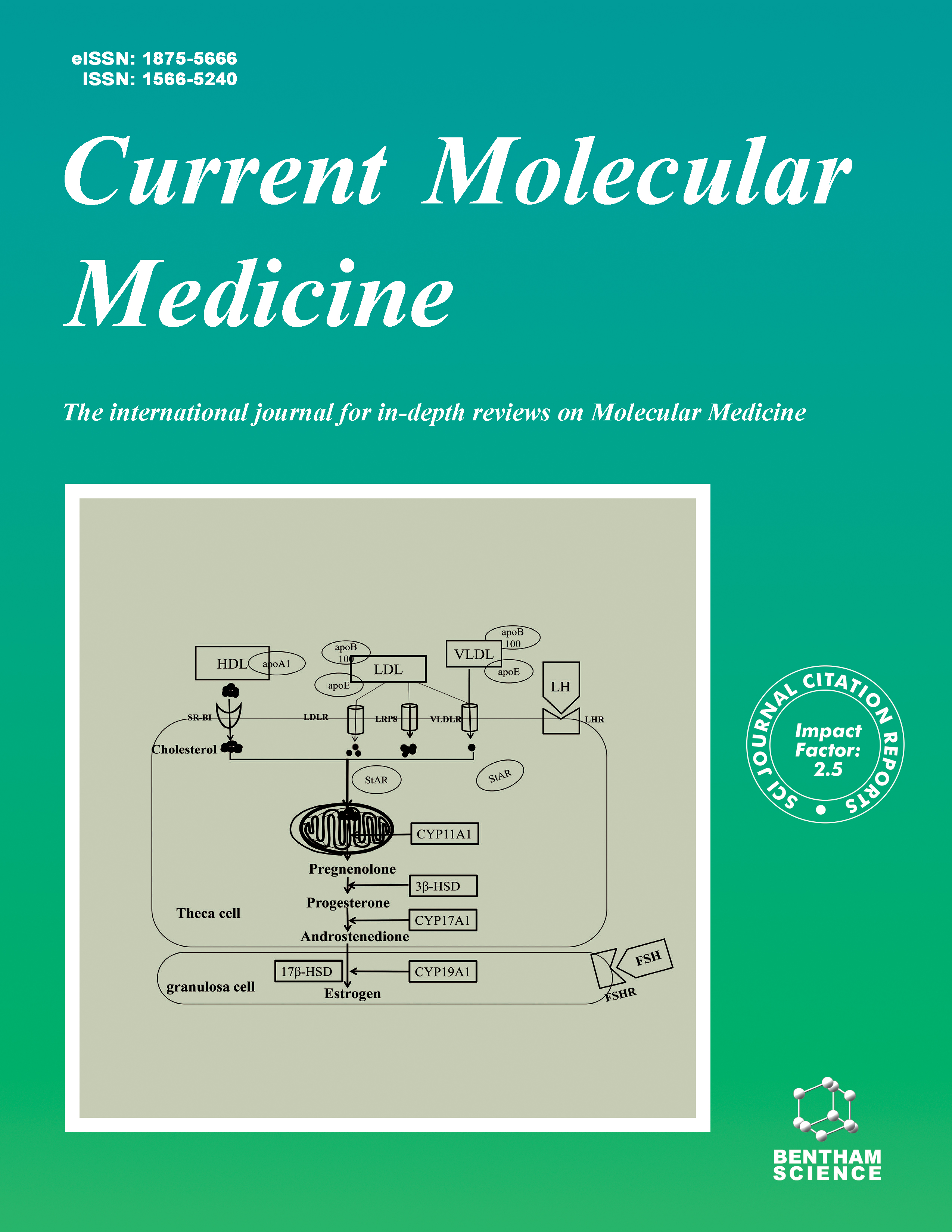-
oa Tissue Biomarkers for Prostate Cancer Radiation Therapy
- Source: Current Molecular Medicine, Volume 12, Issue 6, Jul 2012, p. 772 - 787
-
- 01 Jul 2012
Abstract
Prostate cancer is the most common cancer and second leading cause of cancer deaths among men in the United States. Most men have localized disease diagnosed following an elevated serum prostate specific antigen test for cancer screening purposes. Standard treatment options consist of surgery or definitive radiation therapy directed by clinical factors that are organized into risk stratification groups. Current clinical risk stratification systems are still insufficient to differentiate lethal from indolent disease. Similarly, a subset of men in poor risk groups need to be identified for more aggressive treatment and enrollment into clinical trials. Furthermore, these clinical tools are very limited in revealing information about the biologic pathways driving these different disease phenotypes and do not offer insights for novel treatments which are needed in men with poor-risk disease. We believe molecular biomarkers may serve to bridge these inadequacies of traditional clinical factors opening the door for personalized treatment approaches that would allow tailoring of treatment options to maximize therapeutic outcome. We review the current state of prognostic and predictive tissuebased molecular biomarkers which can be used to direct localized prostate cancer treatment decisions, specifically those implicated with definitive and salvage radiation therapy.


